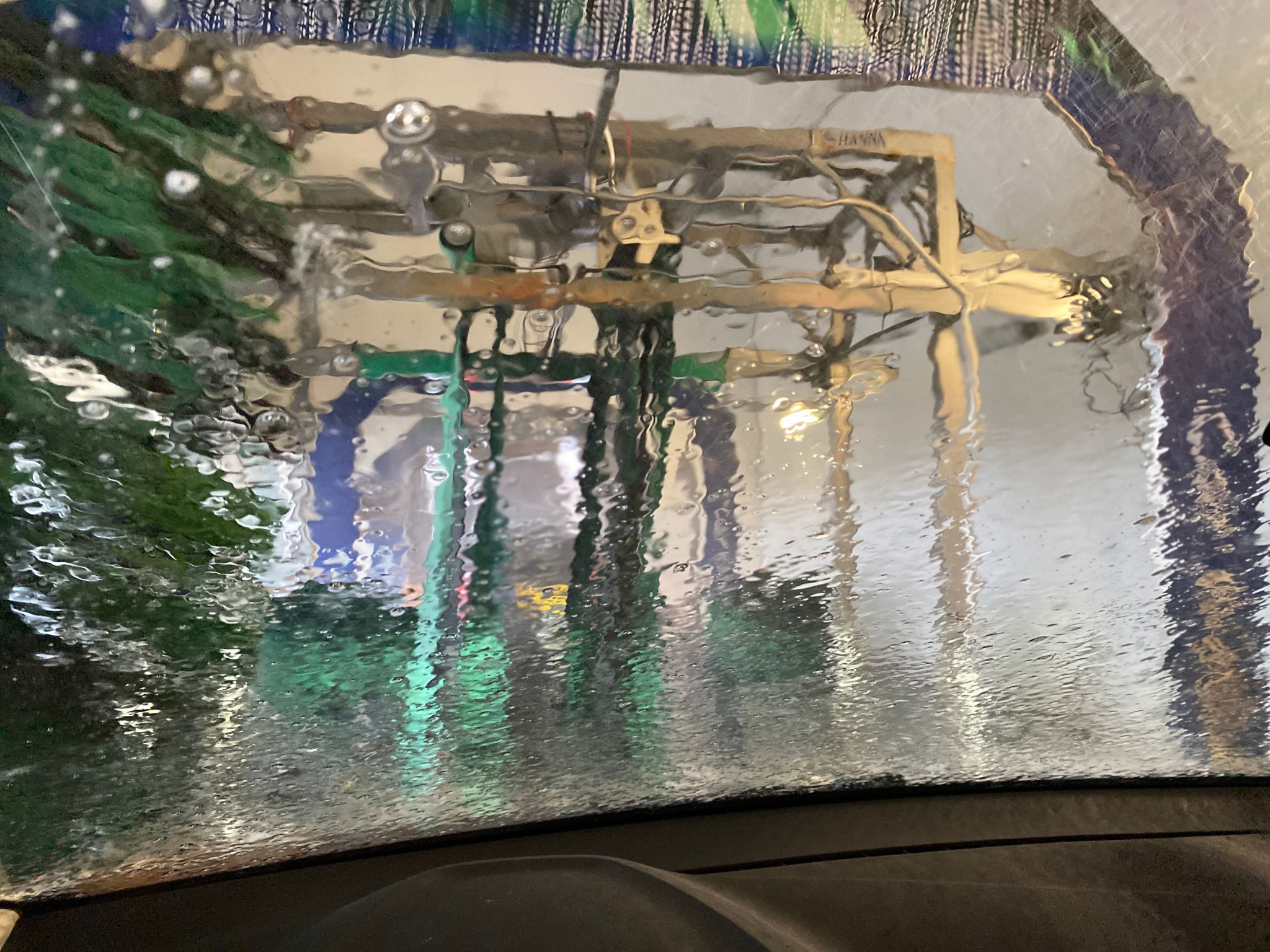DIY Car Detailing: Essential Tips for an Eco-Friendly Clean
Introduction to Eco-Friendly Car Detailing
Car detailing can often seem like a daunting task, but with the right approach, it can be both rewarding and environmentally friendly. By choosing eco-conscious methods, you not only help protect the planet but also ensure a safer environment for your family and pets. In this guide, we'll explore some essential tips and techniques for achieving a pristine finish on your vehicle while staying green.
Traditional car cleaning methods can use a large amount of water and rely on harsh chemicals. However, with some simple adjustments, you can significantly reduce the environmental impact of your car detailing routine.

Choosing Eco-Friendly Products
The first step in eco-friendly car detailing is selecting the right products. Opt for biodegradable soaps and cleaners that are free from phosphates and other harmful chemicals. These products break down naturally without polluting water supplies, making them an excellent choice for the environmentally conscious car owner.
In addition to biodegradable soaps, consider using microfiber cloths instead of disposable wipes or paper towels. Microfiber is effective at trapping dirt and grime, reducing the need for excessive product use while also being reusable and machine washable.

Water Conservation Techniques
Water conservation is a crucial element of eco-friendly car detailing. A significant amount of water is typically wasted during car washing, but there are ways to minimize this. One effective method is using a spray bottle filled with water for rinsing instead of a running hose. This helps control the amount of water used and prevents unnecessary waste.
Another option is waterless car wash products. These sprays allow you to clean your car with minimal water usage by loosening dirt and grime so that it can be easily wiped away with a cloth.
Detailing Without Harmful Chemicals
When it comes to cleaning the interior of your car, avoid using products with strong chemical odors and compounds. Instead, opt for natural alternatives like vinegar and baking soda, which are effective at tackling stains and odors without introducing toxins into your vehicle's environment.

Vinegar can be used as a glass cleaner, leaving windows streak-free with just a few sprays. For upholstery and carpet stains, a paste made from baking soda and water can be applied to lift out marks, ensuring a fresh interior without harmful residues.
Proper Disposal of Waste
After detailing your car, ensure that any waste produced is disposed of properly. This includes safely discarding oil, filters, and any used containers. Many auto shops offer recycling programs for these items, so take advantage of these services to prevent pollution.
By following these eco-friendly car detailing tips, you contribute to a healthier planet while maintaining the beauty and longevity of your vehicle. Not only will your car look great, but you'll also enjoy the peace of mind that comes from knowing you're doing your part to protect the environment.
